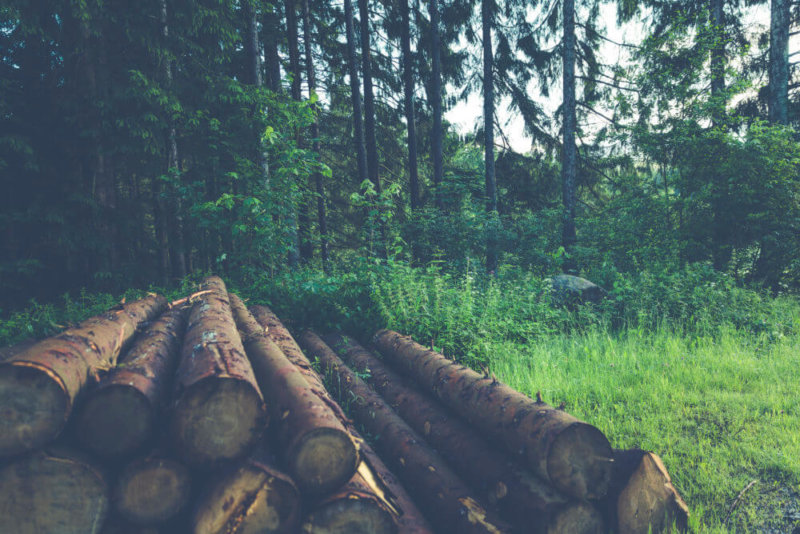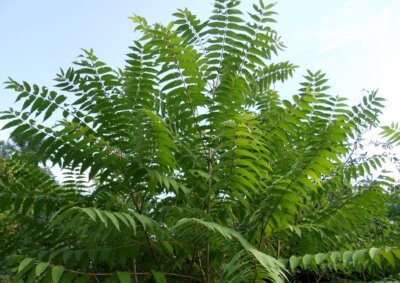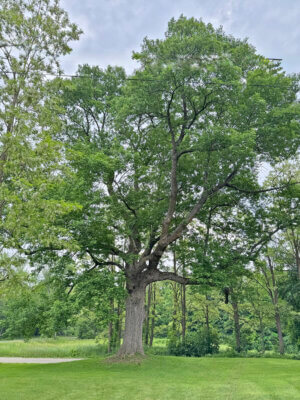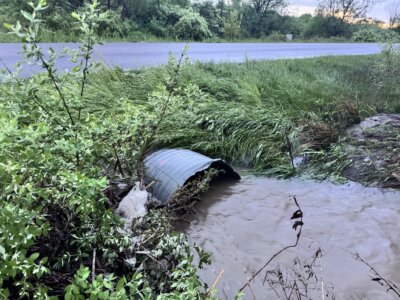Takers and Leavers

As someone who loves forests, one of the hardest and strangest parts of my job is to figure out how to cut trees in a way that supports the healthy growth and development of these complex ecosystems. While some forest management is primarily focused on economic value – growing valuable timber – modern forest management often targets a wider range of objectives. These include growing valuable trees and generating income for landowners, but also creating value in other, more abstract ways, like improving wildlife habitat; increasing forest resiliency; and making Vermont’s relatively young, simple forests more diverse and complex.
As approaches to forest management evolve, so too do opinions about the role of humans with respect to our forests. These opinions vary widely, but often fall somewhere on a broad spectrum. While most people fall somewhere in the middle of this spectrum, the polarities are constantly embroiled in a struggle about how forests work, their fundamental value and the role of humans in them.
Far on one end of the spectrum are the Leavers, those who appreciate the beauty and complexity of forests intrinsically – who love them just as they are. The combination of loving our forests so much and an instinctive distrust for management means that Leavers don’t believe that humans should have any role in our forests at all.
On the other end are the Takers, those who have an appreciation for managing the forest, cutting wood and generating economic value. Takers believe that the main role of forests is to provide us with resources and benefits. In this mindset, no matter what we do to extract that value or those resources is acceptable – after all, forests belong to us and exist to serve our needs.
In my mind, both of these polarities are problematic. While I respect Takers for taking action, their view of forests is overly simplistic – by focusing purely on volumes and value, they neglect parts of forests that have value but no direct economic value (clean air, clean water, wildlife habitat, carbon sequestration and storage) and they generally think in the short-term. While I respect Leavers for their amazing understanding and appreciation of the complexity and many values of forests, they won’t allow us to have to any role in helping them be healthy, even as they face massive human-caused challenges like historic mismanagement, invasive exotic plants, pests and pathogens and a changing climate.
During archery season this year, I shot a doe in a forest where a severe overpopulation of deer had browsed the understory until it was barren. While I knew that the only way to help this forest recover would be to lower the deer population, and I knew that the problem was largely human-created, killing that deer still didn’t feel easy. Like a Taker I took appropriate action, but like a Leaver I did so not out a sense of entitlement, but out of respect and love for the health of the forest and its biodiversity.
The same mindset can be applied to forest management – cutting trees. While I see forests as complex systems and value them intrinsically, I also believe that I can honor that understanding with thoughtful forest management that supports biodiversity and complexity at every level of the ecosystem, that helps makes forests more beautiful and functional. I love trees and salamanders and moss and I also love cutting wood – and I don’t think these things are contradictory. In thinking about managing forests, I also consider the broader benefits to our communities and our world; generating (and using) local, renewable resources is a profound and radical action, one which benefits our local economies, supports our working landscape and helps us support justice, equity and sustainability in the resources we consume. Like killing that deer, cutting trees doesn’t have to feel easy. But, for a number of reasons, we need to take the courageous step of doing what’s right, even if it’s hard.
I believe that this mindset is the future of forest management – cultivating a richer understanding of what forests are and how they function and also being willing to manage them actively in ways that support this understanding. Cutting trees, lowering deer overpopulations, killing invasive plants with herbicide: these are steps which are intimidating and challenging, but which are necessary to protect the health of our forests. I think that we can take lessons from the Takers and the Leavers and become something more complex.
Ethan Tapper is the Chittenden County Forester. He can be reached via email or at (802) 585-9099.
Related Stories
Popular Stories
If you enjoy The Charlotte News, please consider making a donation. Your gift will help us produce more stories like this. The majority of our budget comes from charitable contributions. Your gift helps sustain The Charlotte News, keeping it a free service for everyone in town. Thank you.
Andrew Zehner, Board Chair








